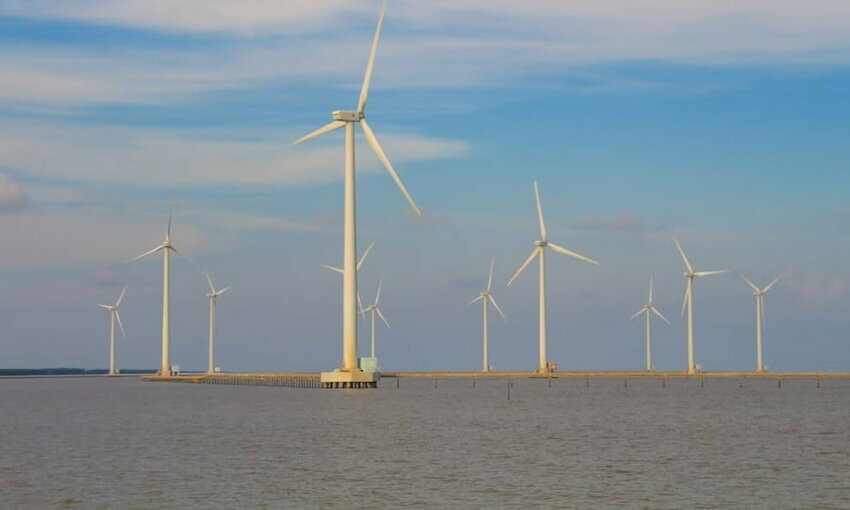 (Credit: IEA)
(Credit: IEA)The International Energy Agency (IEA) and International Finance Corporation (IFC) have released a new report which claims that energy investments in emerging and developing countries (EMDEs) will need to dramatically increase in order to meet climate goals set out in the Paris Agreement. Investment needs to more than triple, from $770 billion to $2.8 trillion by the early 2030s.
The report, Scaling Up Private Finance for Clean Energy in Emerging and Developing Economies, explains that not only is investment in EMDEs needed for universal access to clean energy, it is also key to tackling the climate crisis globally.
“The battle against climate change will be won in emerging and developing economies where the potential for clean energy is strong but the level of investments is far below where it should be,” said IFC Managing Director Makhtar Diop. “To address the pressing energy demands and emissions reduction goals in EMDEs, we need to mobilize private capital at speed and scale and urgently develop more investable projects. This report is a call to action and offers a clear roadmap on what is needed to meet both climate and energy goals.”
The IEA and IFC assert that two-thirds of financing for clean energy projects in EMDEs must come from the private sector. Public financing alone is insufficient, but public funding in partnership with the private sector would work to greatly reduce project risks.
Governments and private investors currently face relatively high upfront costs and high costs of capital for clean energy projects, deterring them from investment. The report calls for policy reform in EMDEs combined with an international strengthening of regulatory frameworks, solidifying energy institutions and infrastructure, and improving access to finance to encourage investment.
Policy-wise, the report suggests that EMDEs lift fossil fuel subsidies, lengthy licensing processes, unclear land use rights, and other policy barriers that currently prevent clean energy development.
The report also emphasizes the importance of concessional financing for projects that are newer and have yet to scale, such as battery storage, offshore wind, renewable-powered desalination, and low-emissions hydrogen. Around $80 billion to $100 billion of concessional finance would be needed annually by the 2030s to attract private investment in such industries. Finally, using green, sustainable-linked bonds could help overcome the disparity between the small size of energy transition projects in EMDEs with the relatively large investment size required of institutional investors.
“Today’s energy world is moving fast, but there is a major risk of many countries around the world being left behind,” said IEA Executive Director Fatih Birol. “Investment is the key to ensuring they can benefit from the new global energy economy that is emerging rapidly.”
Editor’s note: Don’t miss the virtual Environment+Energy Leader Solutions Summit ’23 on July 18-19. Learn tangible, innovative solutions to help with sustainable transitions across industries. Speakers from companies and organizations including Schneider Electric, Cority, Jump Associates, Mycocycle, Plainsight, LRQA, the Alliance to Save Energy, and many more will share tactics and lessons that can help you solve your energy management, sustainability, and ESG challenges. Learn more about the #EESummit23, and then register today!